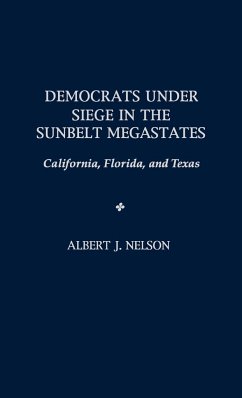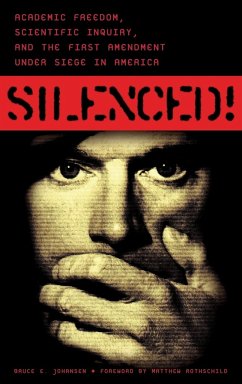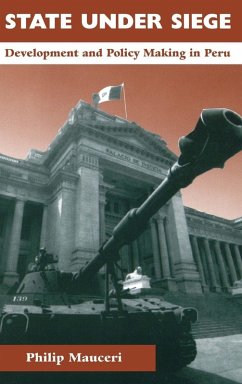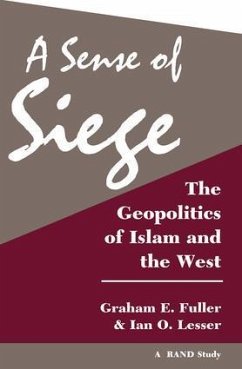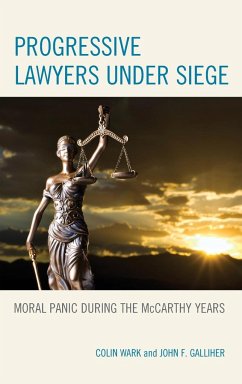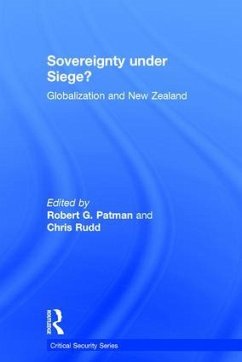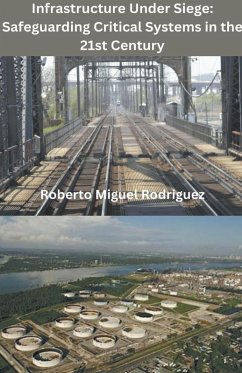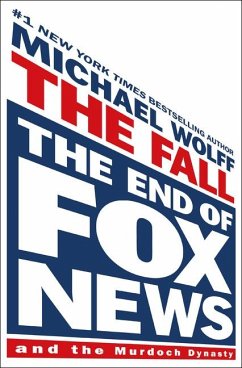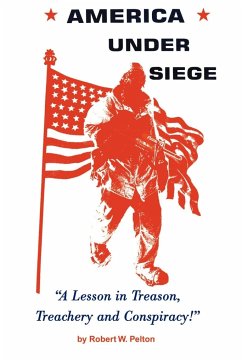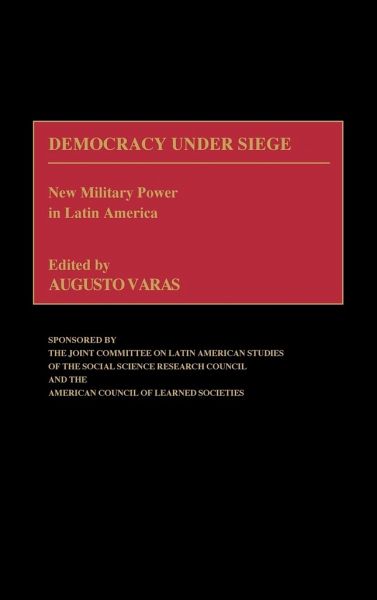
Democracy Under Siege
New Military Power in Latin America
Herausgeber: Varas, Augusto
Versandkostenfrei!
Versandfertig in 1-2 Wochen
87,99 €
inkl. MwSt.

PAYBACK Punkte
44 °P sammeln!
Although the military has historically played a pivotal role in Latin American politics and society, until now little attention has been paid to the complex set of civilian-military relations in each country. This collection of essays, the product of a long-term research program organized by a group of prominent Latin American scholars, compares current linkages among the armed forces and local social and political structures and institutions. Within each nation studied, the contributing author found increasing military autonomy vis-a-vis the state. They show that this institutional autonomy h...
Although the military has historically played a pivotal role in Latin American politics and society, until now little attention has been paid to the complex set of civilian-military relations in each country. This collection of essays, the product of a long-term research program organized by a group of prominent Latin American scholars, compares current linkages among the armed forces and local social and political structures and institutions. Within each nation studied, the contributing author found increasing military autonomy vis-a-vis the state. They show that this institutional autonomy has allowed the military to develop as independent political entities within the various countries, a process that seems to be common to all Latin American societies. Their research also demonstrates how the military diversifies itself when acquiring higher degrees of institutional autonomy. Collectively, the contributors contend that although civilian democratic forces will play a much larger role in political decisionmaking in this decade as compared to the last, it is evident that armed forces will retain a considerable share of political power. Regardless of the institutional arrangement, the military will continue to exercise significant veto power over civilian political forces. The independent military that has emerged is a new variable that must be taken into account in future analyses of Latin America's secular political crisis. By compiling the first complete analysis of Latin American military forces and their role in contemporary domestic politics, editor Augusto Varas has made a significant contribution to the study of Latin American politics. This first examination of the role of the armed forces during a period of relative political stability will be welcomed by historians and political scientists alike.






